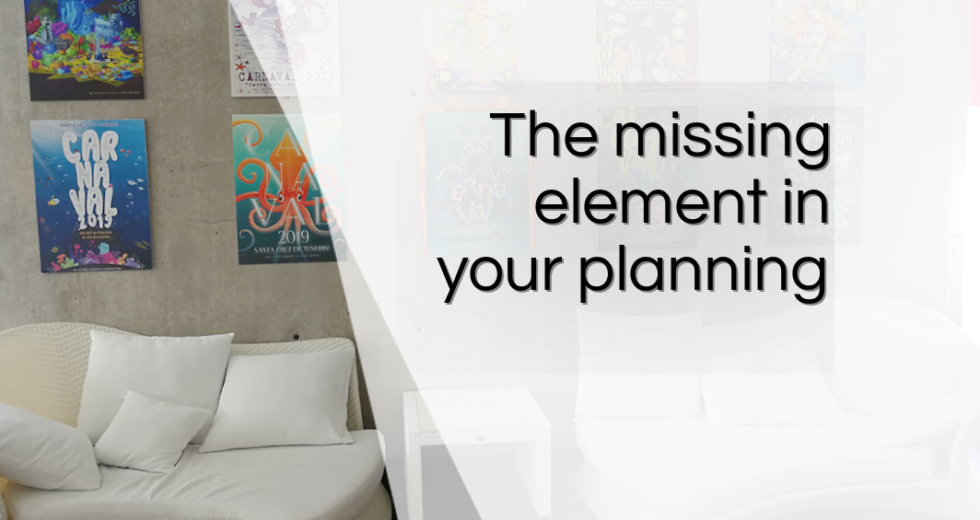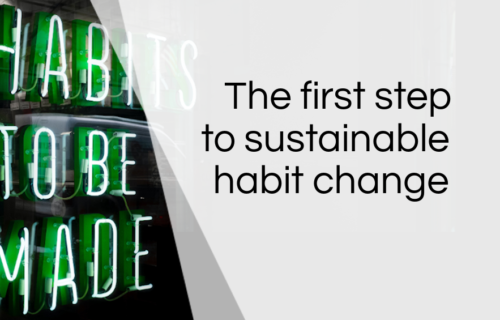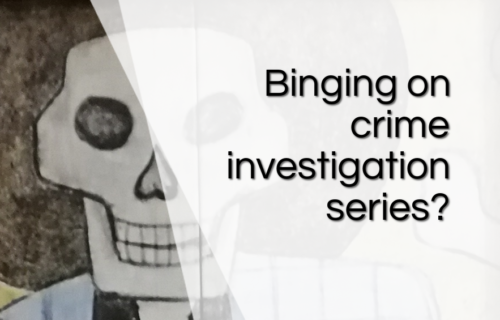
The Missing Element In Your Planning
“When you fail to plan, you plan to fail.”
Yep, most of us know this to be true.
Here is another truth most of us know: plans often go out the window.
Your computer crashes in a presentation.
Your conversation goes on a tangent when on a sales call.
Your partner bails on a project.
The government imposes quarantine for a few weeks.
What do you do? Freeze, fight, flee….or move forward?
You can have the perfect script.
You can have the perfect step by step blueprint.
You can have the perfect rundown detailed down to the minute.
But the truth is, planning is only a part of managing situations (or life).
The rest lies in your ability to improvise.
Improvising is like a dance – you need to co-create with what your partner gives you. You need to leverage what’s in front of you and build from it.
One of the main tenants of improvisation is the concept of yes, and.
Yes – accept, acknowledge
And – add on to it, build from it
YES: To accept, you need to listen.
Listening means being present to what is going on around you. You can’t be in your head 100% of the time; this only works if you have complete control over all variables involved, which you rarely do.
? What it looks like on a stage:
You get on stage thinking that you are going to make it a police scene.
And your partner says: “Hey mom, thanks for helping me with my homework.”
If you don’t listen, and you say: “Mr. Policeman I swear I wasn’t doing anything wrong.”
Well…. the scene is not going anywhere and it is not credible for the audience.
? What it looks like in real life:
Your plan is to create a speaking event and attract new customers. You plan to have 100 attendees and 10% conversion rate on your product/service.. How exciting!
If your partner (the environment/factors you cannot control) says: “There has been a glitch and only 15 people could make it to the event.”
If you don’t consider the information, and you say: “We are moving on with the event as normal or just cancel.”
Well…..you may end up cancelling, have all of your efforts go to waste because of low attendance or worse – getting stuck with the idea that it was a failure.
Be willing to listen and consider what is going on around you – you are part of the whole, and not the whole itself.
AND: To add on to it, you need to be flexible and adapt.
Being flexible means being willing to look at different alternatives to get to the same goal. You don’t want to be completely malleable to others’ desires, as you don’t want to be ‘my way or the highway’. If you are dealing with people and are in an authority position, the latter may work for you temporarily. But if you are dealing with external circumstances like a tech glitch or life, your authority won’t mean a thing. Adapt. ‘Be like water’ as Bruce Lee famously said.
Let’s look at the same situation:
?What it looks like on a stage:
You get on stage thinking that this is going to be a police scene. Your common goal is to perform a great improvised scene for the audience.
And your partner says: “Hey mom, thanks for helping me with my homework.”
When you listen and adapt, you can say: “That’s a pleasure Benny, you are getting better and better at maths. Tomorrow, we’ll look at geography.”
Now the scene is cohesive, and the audience is entertained by the scene.
?What it looks like in real life:
Your plan is to create a speaking event and attract new customers. Your goal is to have 100 attendees and 10% conversion rate on your product/service.
If your partner (the environment/factors you cannot control) says: “There has been a glitch and only 15 people could make it to the event.”
When you listen and adapt you can say: “What part of this event could be experienced in another way?
How can I engage this dedicated audience to create a deeper connection?
In what way can I get to know their specific needs and tailor my content to serve them on the spot?
What can I do with a small audience, that I can’t do with a big one, to provide amazing value?”
Now, you are working with your environment to create a win-win and increase the possibilities of making it work.
We have seen plenty of great examples of this during the COVID-19 quarantine!
Restaurants becoming grocery stores and take-outs.
Businesses using this time to build loyalty with their community.
On my side, I adapted in-person improv workshops to online workshops and reached more participants!
When you pair planning with attuned improvisations skills, you considerably diminish the probability of failing to manage the situation ahead of you i.e. you considerably increase your probability of success.
Adapting doesn’t always mean that you will reach your initial goal, but it will increase your chances to do so or to leave with valuable learning to help you move forward.
When things don’t look the way you wanted, look to tackle the opportunities it brings instead of letting the uncertainty bring you down.
Cheers to that!
 With truckloads of love,
With truckloads of love,
Geneviève Pépin
Productivity & Connection Coach



